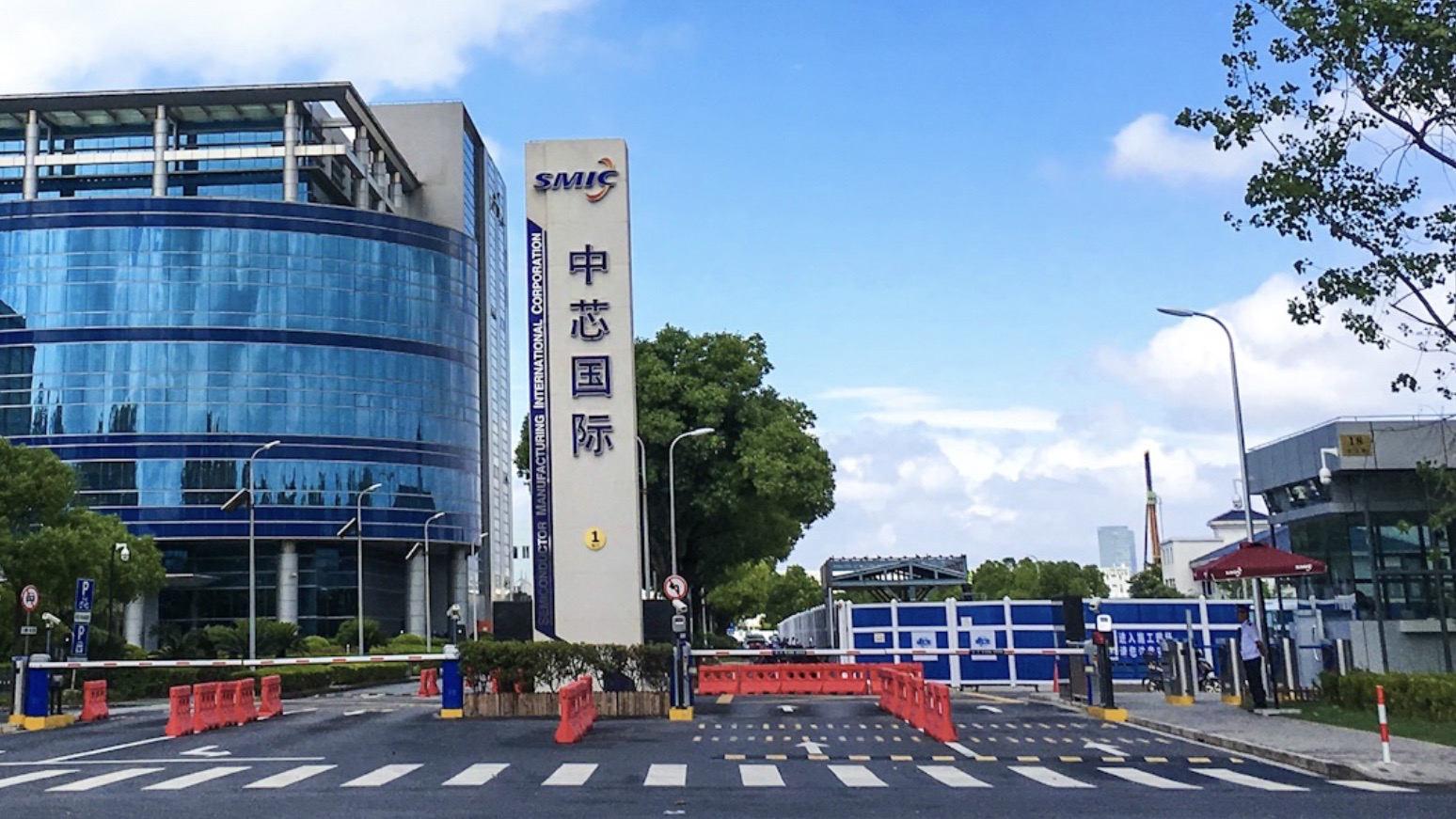(ATF) Chinese semiconductor stocks listed in Hong Kong have fallen sharply as the industry has found hit hard by the Sino-US trade war.
And recently, US policymakers and ICT industries have widely decided to manoeuvre around the China-dominated 5G network and go straight to developing 6G. President Trump has said he wants the US to have 6G Internet “as soon as possible”.
Chinese firms such as Huawei and ZTE were leading a global roll-out of 5G until the US imposed sanctions and some of its close allies agreed to cut ties with Chinese firms because of ‘security concerns’. This has led to the Chinese tech giants losing access to advanced microchips and circuit boards.
The Chinese firms, which had been hoping for global dominance on 5G technology, are now stalled, due to concerns over allowing firms such as Huawei and ZTE to build sensitive information infrastructure in the US and other Western democracies.
Professor Wei Shaojun, director of the Institute of Microelectronics of Tsinghua University and vice chairman of the China Semiconductor Industry Association, said in an interview with the Securities Daily that the response of the secondary market to this situation exceeded his expectations.
“From one point of view, the valuations of individual semiconductor companies currently listed on the Science and Technology Innovation Board, or ChiNext, or elsewhere are too high. It may be too early to talk about China’s semiconductors going against trend, and we will see how China’s semiconductors fare after the third and fourth quarters – whether they see growth or slow down.
“China’s semiconductor industry is in danger and the process of localisation [with big manufacturers shifting to sites closer to foreign markets] is accelerating, although the benefits are relatively limited. The current market has multiple shutdowns of semiconductor projects – it is not surprising .” he told the news outlet.
Shares plunge
On Wednesday August 26, the semiconductor sector plummeted across the board. Hua Hong Semiconductor (01347) fell 6.79% to HK$26.75, while SMIC (00981) fell 4.43% to HK$24.8, Shanghai Fudan (01385) fell 3.15% to HK$14.78 and ASM Pacific (601099), shares (00522) fell 2.53% to HK$81.
In a recent speech at the world semiconductor conference, Prof Wei Shaojun expressed the need to take a rational look at the development of China’s integrated circuit industry. He said the current global dependence on China is actually much higher than China’s external dependence.
From a technical point of view, the standards adopted by China in most areas were in line with global standards. For example, Wei Shaojun said that, in addition to competing with ARM processor chips in mobile phones, China’s embedded CPUs were not far behind others at an international level.
Shipments down
In other bad news for the Chinese high-tech sector, according to the latest statistics published by Chinese research firm Fast Technology, the shipment volume of various memory brands in China in July 2020 fell by as much as 22% compared to June, and every brand was affected.
In June, due to the stimulus of China’s 618 e-commerce promotion and other factors, China’s memory market shipments increased by about 25%. Among them, Kingston, which has been the long-term leader, soared by 60%, and other brands also benefitted.
But just a month later, the market cooled down sharply, Kingston plummeted by about 26%, followed by ADATA, Kingtike, Corsair, and Zhiqi.
























